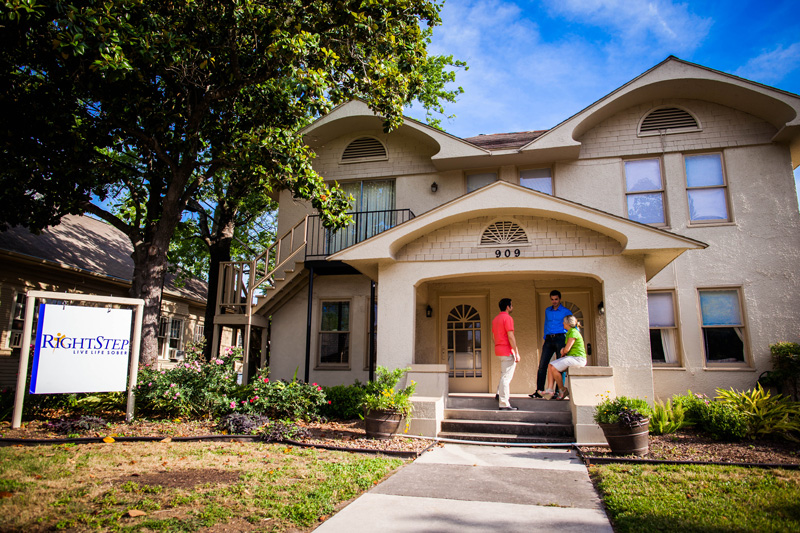Signs and Symptoms of Binge Eating Disorder
Once upon a time, food was viewed as a means for survival and sustenance. In today’s fast-paced modern world, food has taken on a reward-type value with little to no regard given to its sustenance-value. For people prone towards addiction tendencies, food can easily become a source of problems.
Binge eating disorder, one of many different types of eating disorders, entails eating large amounts of food within a short period of time. This pattern of consumption can vary depending on the severity of the problem. This means, a binge eater doesn’t necessarily have to be overweight, but many affected by binge eating disorder are.
Signs and symptoms of binge eating disorder closely resemble those of addiction in terms of the types of consequences this behavior brings. As with any disorder type, some people are more likely to develop binge eating disorder than others.
Binge Eating Disorder
While overeating during the holidays or at special events may be the norm for many people, this type of eating only occurs on an infrequent basis. With binge eating, once a person starts eating, the ability to limit or control one’s intake amount is lost.
According to the National Institute of Diabetes and Digestive and Kidney Diseases, binge eating exists as the most common eating-based disorder in the United States. An estimated 2 percent of men and 3.5 percent of women struggle with binge eating patterns. While not all people affected by obesity binge eat, on average, two out of every three people who binge eats also suffers from obesity.
Signs & Symptoms

Binge eating is often tied to emotions, stress, self-image and other similar factors.
Many people who binge eat hide this behavior from friends and loved ones so spotting excess eating patterns may be difficult. Someone struggling with a binge eating disorder likely displays emotional and behavioral signs as a result of the disorder.
According to the Mayo Clinic, signs of binge eating may take the following forms –
- Symptoms of depression
- Anxiety symptoms
- Noticeable changes in weight that alternate between gaining and losing on a frequent basis
- Eating alone on a regular basis
- Frequent dieting
Symptoms experienced by the person affected include –
- Continuing to eat after feeling full
- Continuing to eat when feeling uncomfortably full
- Eating at a fast rate
- Eating large amounts of food at once on a repeated basis
- Eating when not hungry
Negative Consequences
Over time, a binge eating disorder can bring on a range of negative consequences in a person’s life. Some consequences may stem from being overweight, while others may result from poor nutritional habits as high-fat foods typically make up the bulk of foods consumed during a binge episode.
Resulting negative consequences can vary from person to person depending on an individual’s overall physical and psychological health status. Negative consequences to watch out for include –
- Pain the joints
- Heart problems
- Muscle pains
- Irregular menstrual cycles
- Type 2 diabetes
- Frequent headaches
- Problems sleeping
- Suicidal ideations
- Elevated blood pressure levels
Risk Factors
People with a family history of eating disorder are at higher risk of developing a binge eating disorder due to genetic factors. Depression and substance abuse disorders can also predispose a person to binge eating patterns. Frequent dieting can also trigger binge-eating patterns.
Fellowship Hall
You're not a resident or a client at Fellowship Hall, and you’re definitely not a patient. You’re a guest. Whatever the terminology, miracles happen at this treatment center snugly situated amidst the gently rolling hills of North Carolina’s historic Piedmont area.
Details ›Right Step - Houston Central
Housed in a collection of historic homes surrounding a common courtyard, Right Step Houston nestles comfortably into the tree-lined streets of the city’s hip Montrose neighborhood.
Details ›Paradigm Malibu
Merriam Webster defines “Paradigm” as a theory or a group of ideas about how something should be done – a fitting definition for this unique, multifaceted treatment program for adolescents.
Details ›







